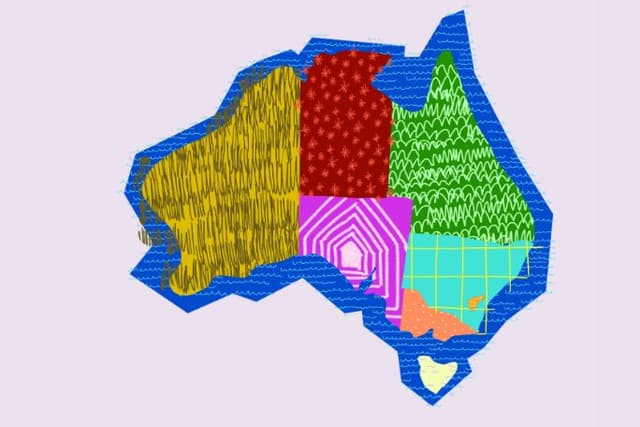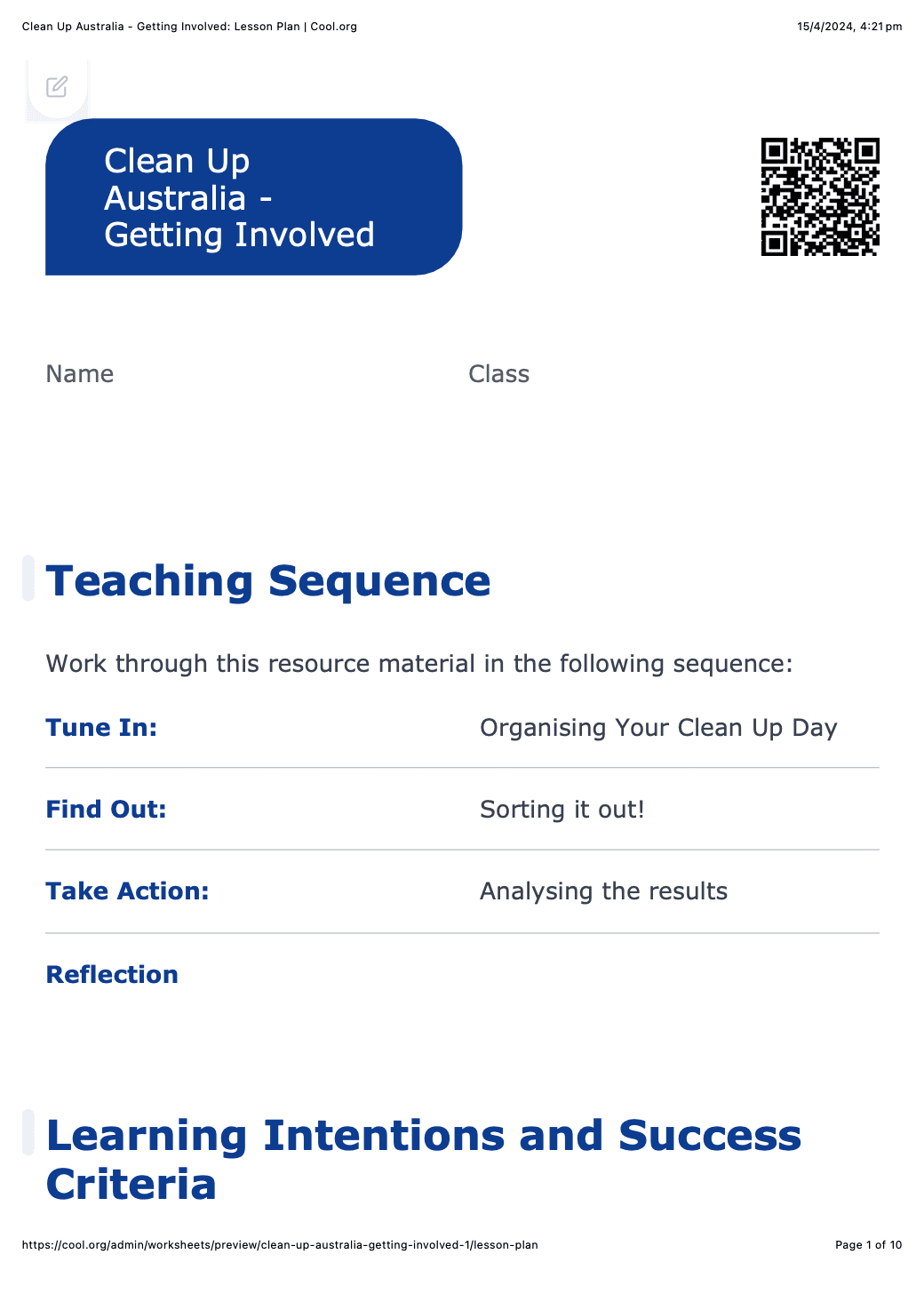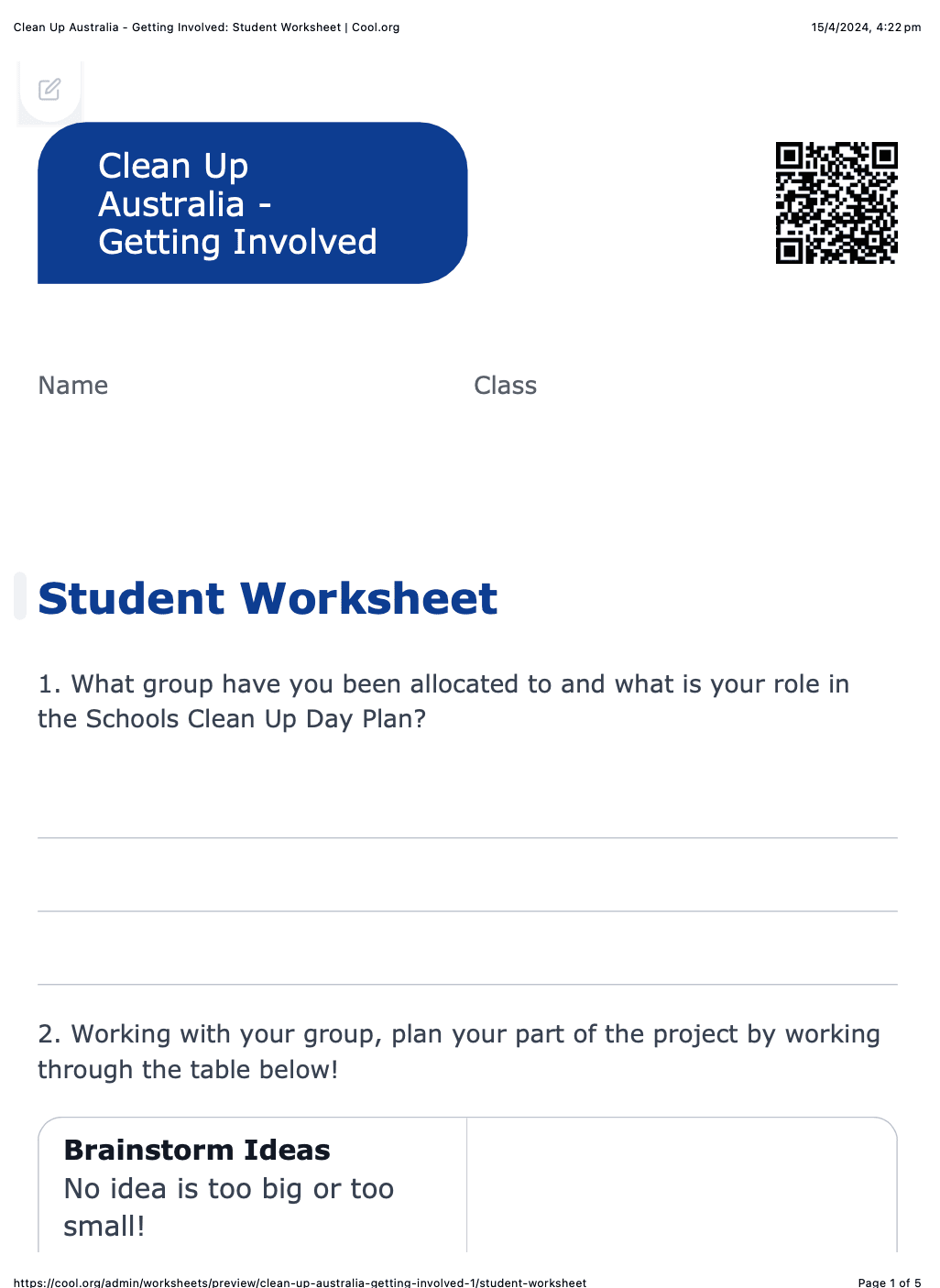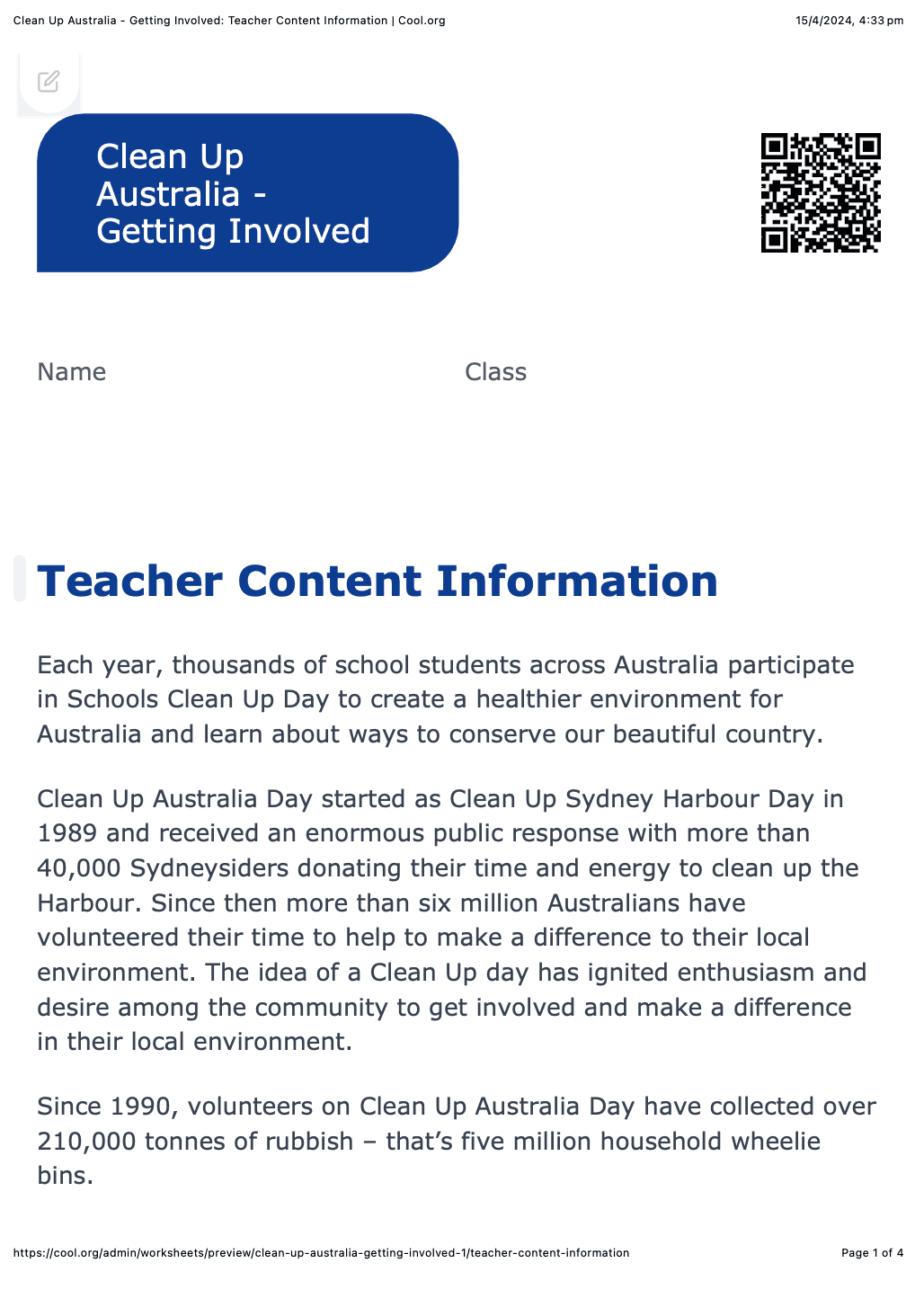Learning intentions:
Students will...
- explore how community involvement helps protect the environment by planning and participating in a Schools Clean Up day
- reflect on how waste affects nature nearby and suggest ways to manage waste better in their local community.
Success criteria:
Students can...
- describe the impacts of litter on waste in the environment and local communities
- plan and participate in their Schools Clean Up event
- evaluate the effectiveness of their efforts by analysing the types and quantities of trash collected and proposing recommendations for reducing waste in the future.



